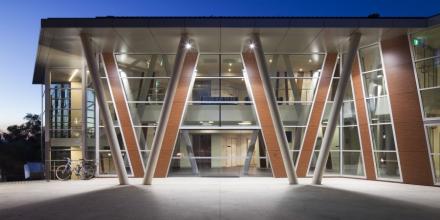Risk aversion among Australian households: Empirical evidence from panel data

Event details
PhD Seminar (Econ)
Date & time
Venue
Speaker
Contacts
This paper explores the extent of risk aversion among Australian households using panel data on consumption and wealth from the Household Income and Labour Dynamics in Australia (HILDA) survey. We use data on a household’s share of risky assets to first test whether relative risk aversion is constant in wealth, an assumption that underpins most modern macroeconomic models. Once we account for measurement error in the wealth data, we cannot reject the constant relative risk aversion (CRRA) assumption. Using a consumption Euler equation that adjusts for the well-known problem of measurement error in consumption data, we then estimate the coefficient of relative risk aversion in the CRRA utility function. Point estimates from our preferred non-linear models suggest a moderate degree of risk aversion for the mean Australian household, with values ranging from 1.2 to 1.4. These findings provide guidance for calibrating household preferences in macroeconomic models of the Australian economy.
Updated: 19 July 2024/Responsible Officer: Crawford Engagement/Page Contact: CAP Web Team











